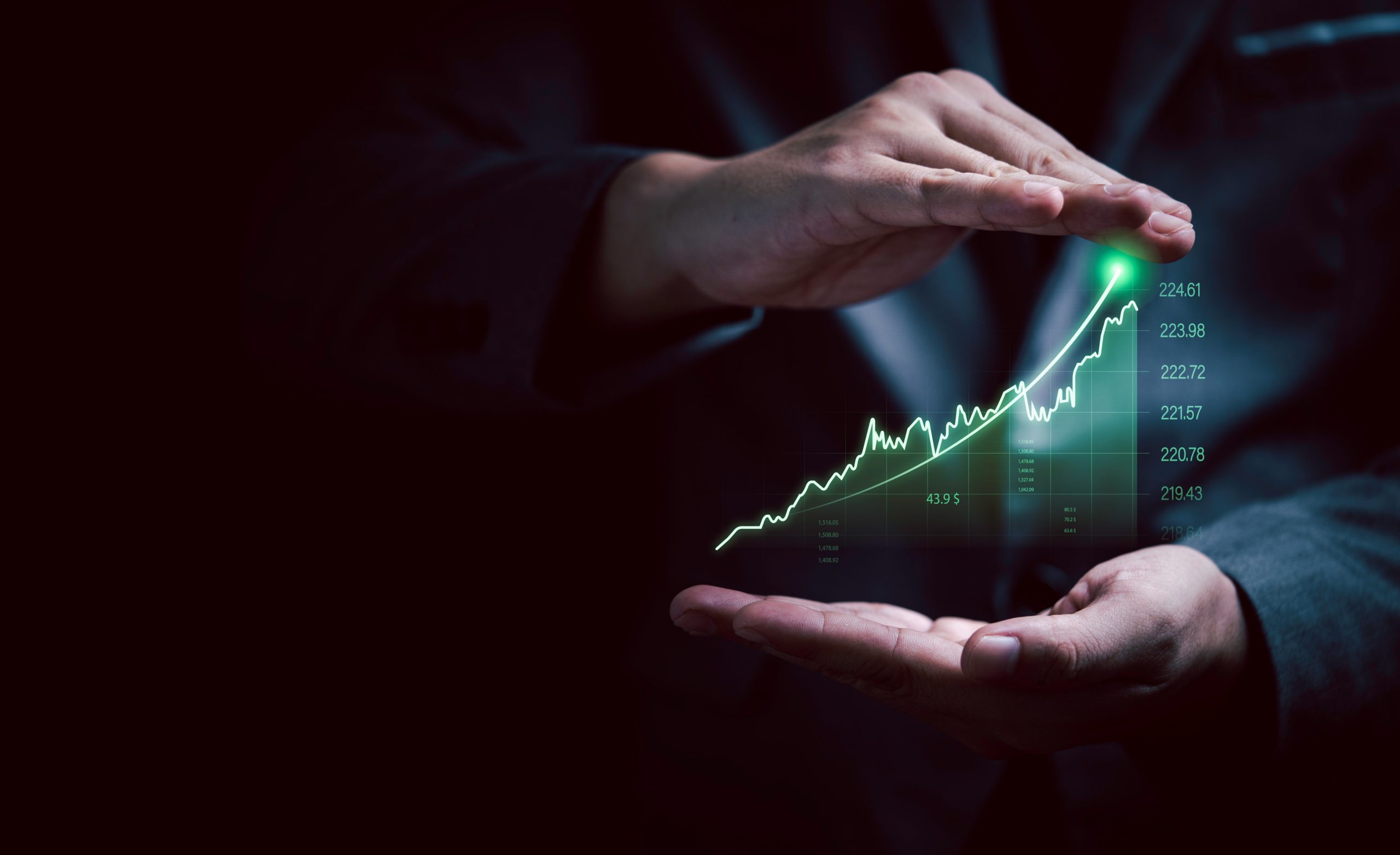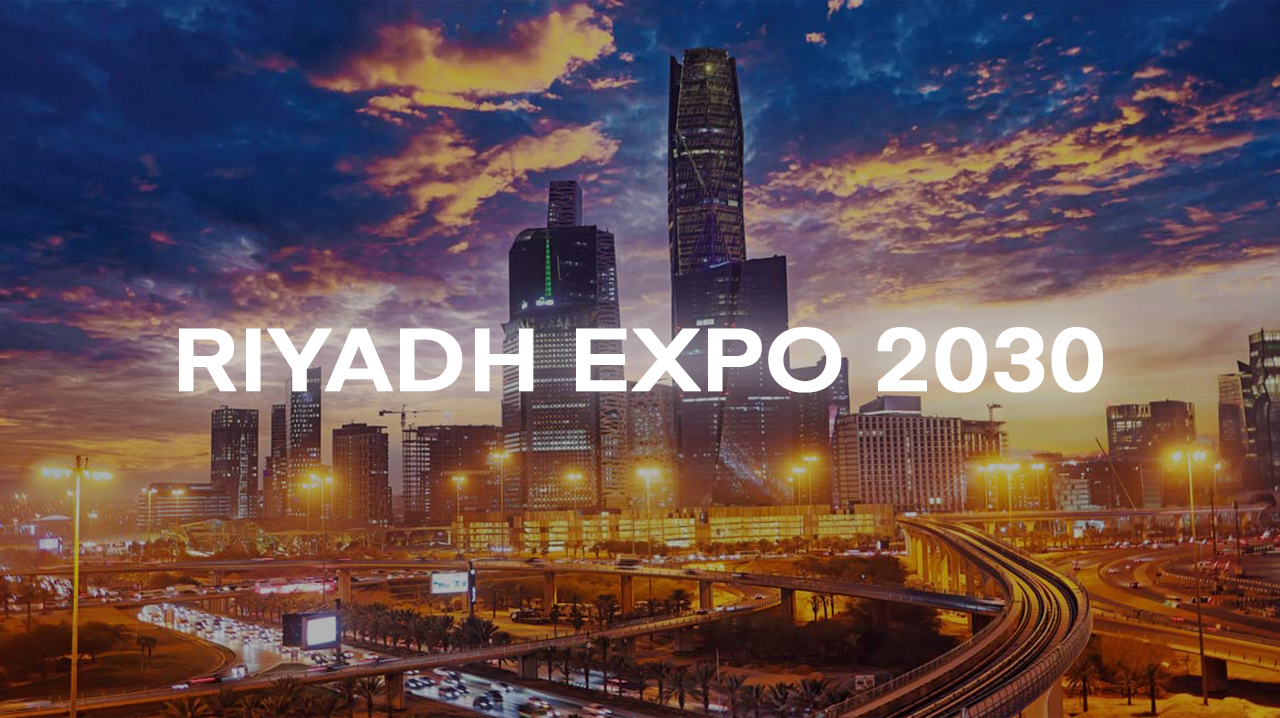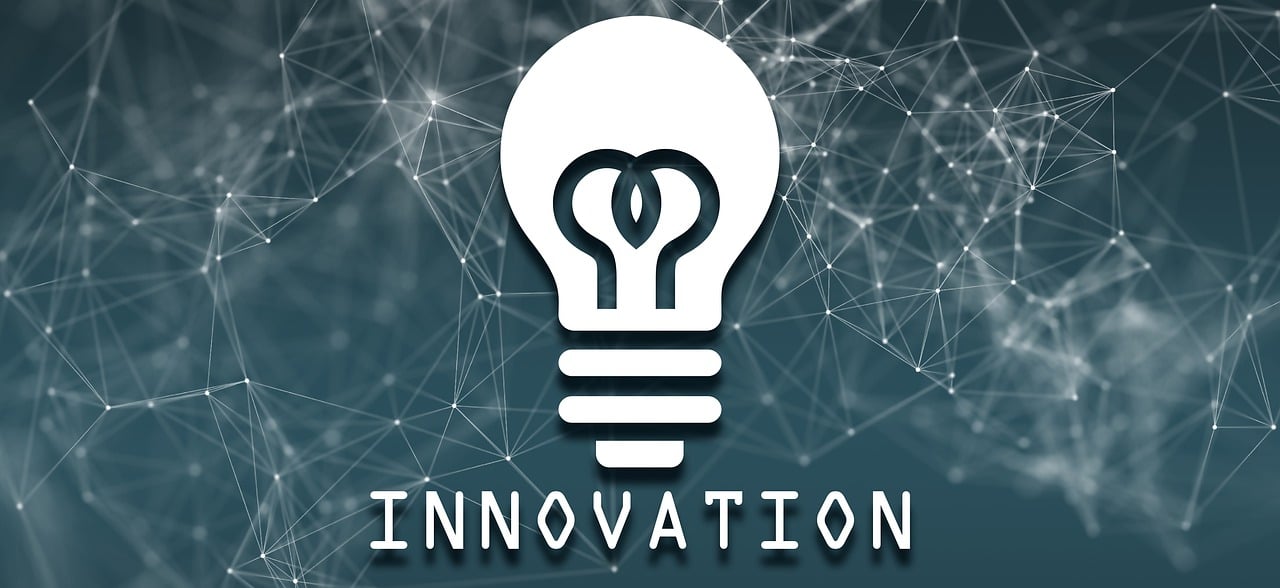Saudi Arabia’s economy is changing fast. The Kingdom is moving away from oil dependency through bold reforms and investments. These changes, driven by Vision 2030, aim to create a diverse, sustainable, and modern economy. This article explores the latest economic developments in Saudi Arabia, highlighting key trends, achievements, and what lies ahead. Whether you’re an investor, researcher, or curious reader, you’ll find clear insights into Saudi Arabia’s economic transformation.
What Are the Key Economic Developments in Saudi Arabia?
Saudi Arabia’s economic landscape is evolving. The government’s Vision 2030 plan, launched in 2016, is the backbone of these changes. It focuses on reducing oil reliance, boosting private sector growth, and creating jobs. Here are the major developments shaping the Kingdom’s economy:
- Non-Oil Sector Growth: Non-oil industries like tourism, tech, and manufacturing are expanding rapidly.
- Digital Transformation: Investments in AI, 5G, and smart cities are building a digital economy.
- Sustainability Initiatives: Green projects, like renewable energy and electric vehicles, support a net-zero future.
- Foreign Investment Surge: New laws and special economic zones attract global businesses.
- Job Creation: Reforms are lowering unemployment and increasing women’s workforce participation.
Vision 2030: The Driver of Economic Change
Vision 2030 is Saudi Arabia’s roadmap for economic diversification. Led by Crown Prince Mohammed bin Salman, it aims to make the Kingdom a global hub for innovation and investment. The plan has already shown results. For example, non-oil GDP grew by 4.9% in Q2 2024, the strongest in a year. This growth comes from sectors like trade, hospitality, and tech. Economic developments in Saudi Arabia under Vision 2030 include:
- Giga Projects: Mega projects like NEOM and The Red Sea Project are boosting construction and tourism. NEOM, a $500 billion smart city, aims to redefine urban living.
- Private Sector Push: The private sector now accounts for 48% of GDP, up from 40% a decade ago.
- Regulatory Reforms: New laws make it easier to start businesses. In 2022, new investment licenses surged by 267%.
These efforts are making Saudi Arabia more competitive globally. The Kingdom ranked second among G20 nations in the UN’s ICT Development Index in 2023, reflecting its digital progress.
Non-Oil Growth: A Cornerstone of Economic Developments in Saudi Arabia
The non-oil sector is a bright spot in Saudi Arabia’s economy. In 2023, it grew by 3.8%, driven by private consumption and investment. For 2024, the IMF forecasts 3.5% non-oil growth, with an expected rise to 4.4% in 2025. Key sectors include:
- Tourism: Saudi Arabia welcomed 100 million visitors by 2023, hitting its 2030 target early. The new goal is 150 million by 2030.
- Manufacturing: Investments in electric vehicles and advanced manufacturing are creating jobs.
- Finance and Trade: Digital payments rose to 57% of retail transactions in 2021, supporting e-commerce growth.
This shift reduces the Kingdom’s reliance on oil, which still accounts for 55% of fiscal revenue but is declining in economic share.
Digital Economy: Powering Saudi Arabia’s Future
Saudi Arabia’s digital economy is booming. The ICT sector, valued at $40.94 billion in 2023, is the largest in the MENA region. The government is investing in AI, 5G, and smart cities to drive innovation. The Saudi Data and Artificial Intelligence Authority (SDAIA) leads efforts to make the Kingdom a global AI leader by 2030. Key initiatives include:
- Smart Cities: Projects like NEOM and Riyadh Season use AI and IoT for efficiency.
- Digital Skills: The “Fuel” program trained 100,000 citizens in digital skills in 2023.
- E-Government: Online services are improving government efficiency and transparency.
These advancements make Saudi Arabia a hub for tech investment, attracting global firms in healthcare, finance, and logistics.
Sustainability: A New Economic Frontier
Saudi Arabia is committed to sustainability. The Saudi Green Initiative (SGI) aims to reduce carbon emissions by 278 million tones annually by 2030 and achieve net-zero by 2060. Economic developments in Saudi Arabia tied to sustainability include:
- Renewable Energy: The Sakaka solar plant and other projects are expanding clean energy.
- Green Hydrogen: The world’s largest green hydrogen project, backed by the Public Investment Fund (PIF), is under development.
- Electric Vehicles: A manufacturing hub in King Abdullah Economic City aims to produce 150,000 EVs by 2026.
These efforts align with global trends, making Saudi Arabia a leader in green technology while supporting economic growth.
Foreign Investment and Business Environment
Saudi Arabia is open for business. The National Investment Strategy, launched in 2021, targets $3 trillion in foreign investment by 2030. The Ministry of Investment (MISA) has streamlined regulations, issuing 95% more investment deals in 2022. Special Economic Zones (SEZs) like King Abdullah Economic City offer incentives like subsidized land and tax breaks. Benefits for investors include:
- Ease of Doing Business: Registering a business takes just three minutes.
- Strategic Location: Saudi Arabia connects Asia, Europe, and Africa.
- Growing Market: A young, tech-savvy population drives demand.
These reforms make the Kingdom attractive for industries like tech, tourism, and renewable energy.
Job Creation and Workforce Development
Unemployment in Saudi Arabia dropped to 7.1% in Q3 2024, a historic low. Women’s workforce participation soared to 35.4%, doubling since 2017. Vision 2030’s focus on human capital includes:
- Training Programs: Initiatives like the Human Capital Development program upskill workers.
- Job Nationalization: The Nitaqat program encourages hiring Saudi nationals.
- Youth Empowerment: With 63% of the population under 30, education reforms prepare young Saudis for future jobs.
These changes create a dynamic workforce, supporting long-term economic stability.
Challenges and Opportunities Ahead
While Saudi Arabia’s progress is impressive, challenges remain. Oil price fluctuations still impact the budget, and the regulatory framework for AI and data privacy needs refinement. However, opportunities abound:
- Global Partnerships: Collaborations with tech and energy firms can drive innovation.
- Tourism Growth: Cultural sites like Al-Ula and Diriyah attract millions.
- Regional Leadership: Saudi Arabia’s reforms position it as a MENA economic hub.
By addressing challenges and leveraging opportunities, the Kingdom can sustain its economic momentum.
Why These Economic Developments Matter
The economic developments in Saudi Arabia signal a shift toward a resilient, diversified economy. Vision 2030’s success in non-oil growth, digital transformation, and sustainability sets a model for other oil-dependent nations. For investors, the Kingdom offers unmatched opportunities. For residents, it means more jobs and a higher quality of life. Staying informed about these changes helps you understand Saudi Arabia’s role in the global economy.
Conclusion: A Bright Economic Future
Saudi Arabia is transforming at an unprecedented pace. From non-oil growth to green energy, the Kingdom is building a future beyond oil. Vision 2030’s reforms, investments, and focus on human capital are driving these economic developments in Saudi Arabia. As the Kingdom continues to innovate and attract global talent, its economy will remain a powerhouse. Keep an eye on Saudi Arabia, it’s shaping the future of the Middle East and beyond. Follow Know Saudi for the latest news, economic updates, and insights from across Saudi Arabia.




